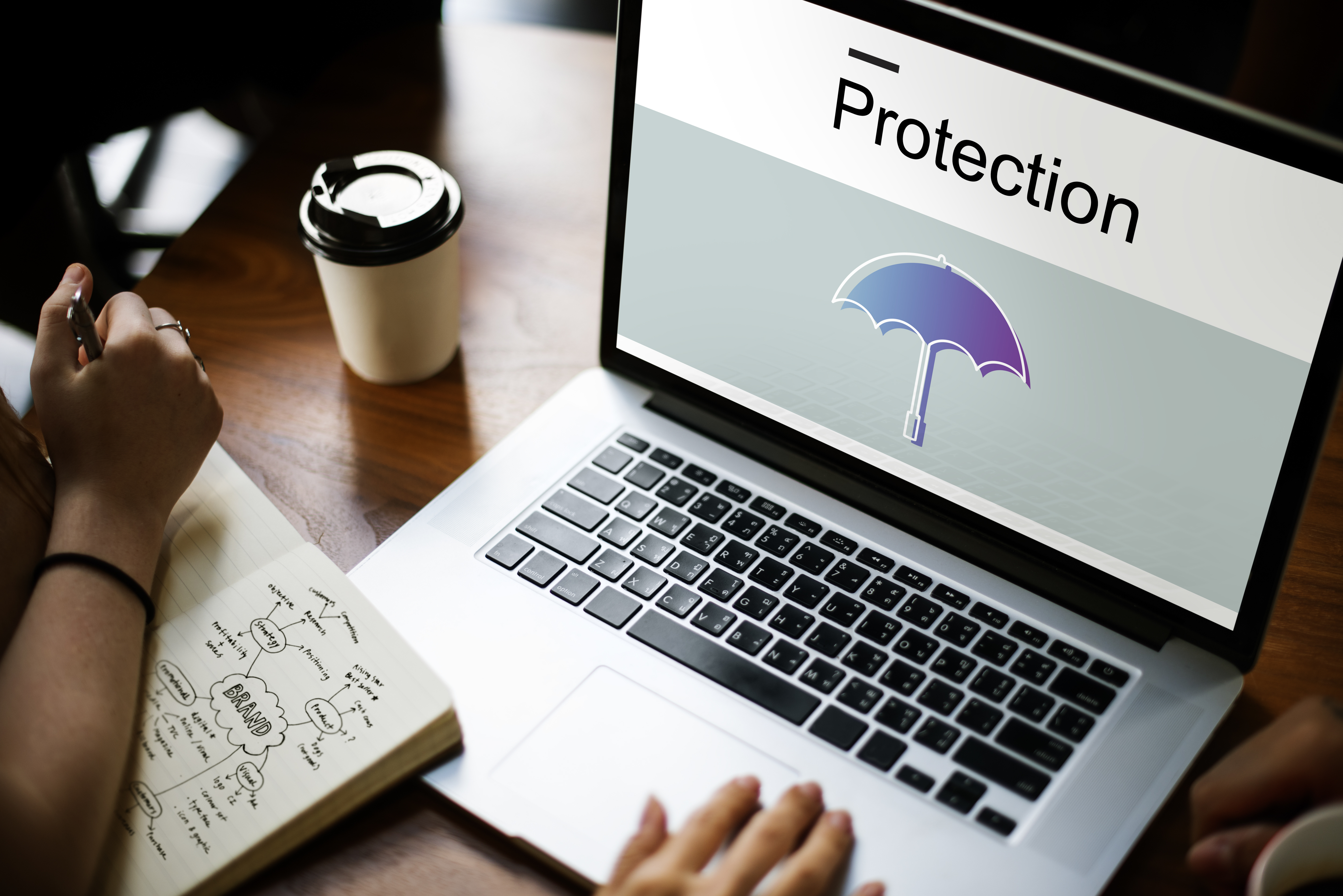In today’s digital age, schools are increasingly reliant on technology to streamline their operations, enhance communication, and improve the learning experience. With this shift, the importance of data security and privacy has never been more critical. School management software plays a pivotal role in protecting sensitive information and ensuring compliance with data protection regulations. In this blog, we will explore how school management software safeguards data security and privacy.
Understanding the Need for Data Security and Privacy in Schools
Schools handle a vast amount of sensitive data, including student records, staff information, financial details, and more. Ensuring the security and privacy of this data is essential for several reasons:
Protecting Student Privacy:
Students' personal and academic information must be safeguarded to prevent unauthorized access and misuse.
Compliance with Regulations:
Schools must adhere to data protection regulations such as FERPA, GDPR, and others, which mandate stringent data security measures.
Maintaining Trust:
Ensuring data security helps build trust among parents, students, and staff, reinforcing the institution’s reputation.
How School Management Software Ensures Data Security
- Data Encryption School management software employs advanced encryption techniques to protect data both in transit and at rest. This ensures that even if data is intercepted, it remains unreadable and secure.
- Access Control Robust access control mechanisms ensure that only authorized personnel can access sensitive information. Role-based access control (RBAC) allows administrators to define access levels based on job roles, minimizing the risk of unauthorized data access.
- Regular Backups Regular data backups are crucial in preventing data loss due to unforeseen events such as hardware failures, cyber-attacks, or natural disasters. School management software automates the backup process, ensuring that data is always retrievable.
- User Authentication Multi-factor authentication (MFA) adds an extra layer of security by requiring users to verify their identity through multiple methods before accessing the system. This reduces the risk of unauthorized access due to compromised credentials.
- Audit Trails Audit trails track all user activities within the software, providing a detailed log of actions taken. This transparency helps in identifying and addressing any suspicious activities promptly
Ensuring Data Privacy with School Management Software
- Data Minimization School management software adheres to the principle of data minimization, collecting only the necessary information required for specific purposes. This reduces the risk of exposing unnecessary data.
- Parental Consent Features that require parental consent before collecting or sharing student data help ensure compliance with privacy regulations and foster trust among parents.
- Data Anonymization Anonymizing data before using it for analysis or reporting ensures that individual identities cannot be traced back, protecting personal information.
- Regular Updates Keeping the software updated with the latest security patches and features is essential for protecting against emerging threats. School management software providers continuously monitor and update their systems to address vulnerabilities.
Conclusion
The role of school management software in ensuring data security and privacy cannot be overstated. By implementing robust security measures and adhering to privacy principles, school management software protects sensitive information, complies with regulations, and maintains trust among stakeholders. At Jupsoft, we are committed to providing state-of-the-art school management solutions that prioritize data security and privacy, empowering educational institutions to focus on what they do best—educating the next generation.
Contact us today to learn more about how Jupsoft can help your institution enhance data security and privacy with our comprehensive school management software.
